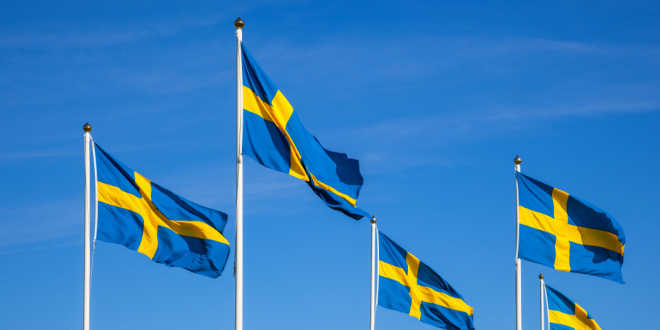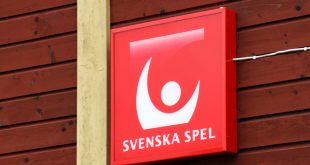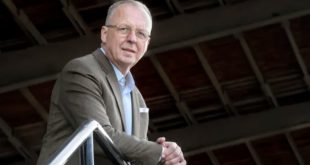Sweden’s betting sector took a hit during the second quarter against 2022 comparatives according to the latest figures from the Spelinspektionen, the country’s Gambling Inspectorate.
Total Swedish industry revenue for the quarter stood at SEK 6.7bn (€562m), down around 1% on corresponding Q2 2022 results of SEK 6.77bn (€568m). This left year-to-date revenue also down by around 0.5% from SEK 13.3m (€1.118m) to SEK 13.2m (€1.108m).
On the other hand, this marked an improvement of just under 2% on Q1 2023 revenue of SEK 6.6bn (€554m). A product breakdown saw online betting and gaming maintain the lead, although like the rest of the sector its revenue dropped 1.5% from SEK 4.23bn (€355m) to SEK 4.18bn (€351m).
Meanwhile, the lottery and Vegas Slots segment – operated by state-backed firm Svenska Spel – saw revenue fall marginally from SEK 1.4bn (€118m) to SEK 1.39bn (€117m). The situation was much more positive for national lotteries and other ‘games for public purpose’, on the other hand, as revenue rose 3% from SEK 870m (€73m) to SEK 896m (€75m).
On the gaming side of business, restaurant casinos closed the period with revenue down from SEK 58m (€5m) to SEK 51m (€4.3m). However, community games, which includes bingo, remained consistent with SEK 48m (€4m).
At the end of second quarter, approximately 95,000 people were banned from gambling via the Spelpaus self-exclusion scheme, which represents an increase of 1.4 percent compared to the previous quarter.
A significant development for Spelinspektionen during the quarter was the introduction of a new B2B licensing framework under proposals approved by the Riksdag parliament, as well as granting the regulator greater powers.
Additionally, the regulator’s leadership was consolidated during the time period when the tenure of Camilla Rosenberg as Director General of Gambling Inspectorate was extended until 31 October 2026.










